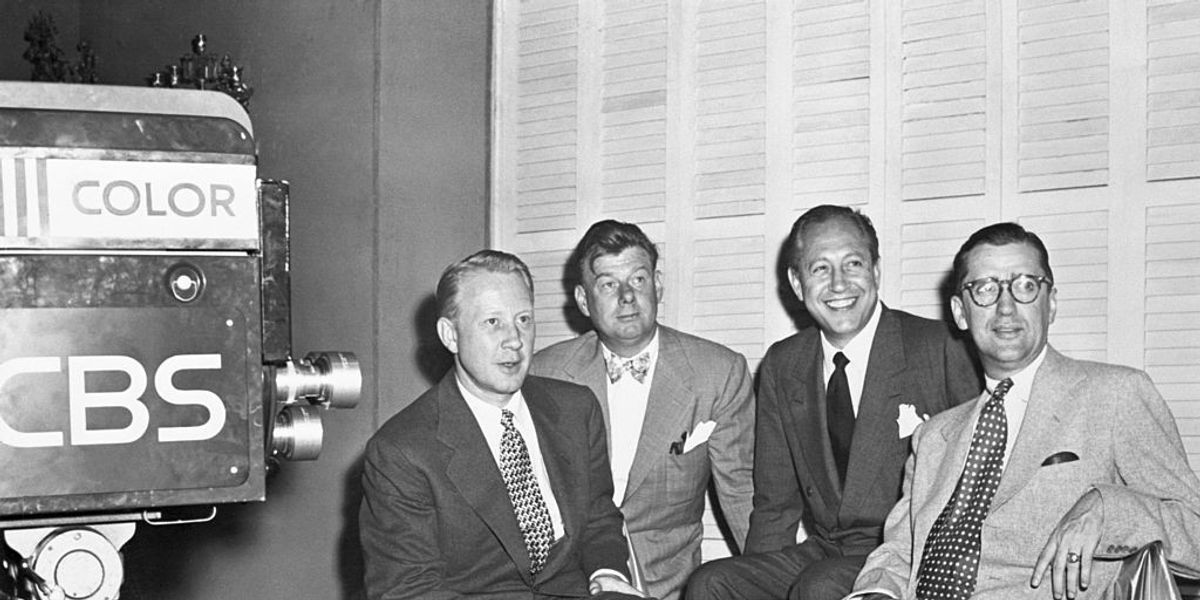
Newton N. Minow, who as Federal Communications Commission chair in the early 1960s famously proclaimed that network television was a “vast wasteland,” died at home in Chicago Saturday. He was 97.
Minow was appointed as FCC chair by President John F. Kennedy in 1961.
Minow received a Presidential Medal of Freedom in 2016.
In his first public address as FCC chairman, on May 9, 1961, at the National Association of Broadcasters convention in Washington he said:
“When television is good, nothing — not the theater, not the magazines or newspapers — nothing is better,” he said. “But when television is bad, nothing is worse. I invite each of you to sit down in front of your television set when your station goes on the air and stay there, for a day, without a book, without a magazine, without a newspaper, without a profit and loss sheet or a rating book to distract you. ... I can assure you that what you will observe is a vast wasteland."
“You will see a procession of game shows, formula comedies about totally unbelievable families, blood and thunder, mayhem, violence, sadism, murder, western bad men, western good men, private eyes, gangsters, more violence, and cartoons. And endlessly, commercials — many screaming, cajoling, and offending. And most of all, boredom.”
Minow called for “a wider range of choices, more diversity, more alternatives” and said, “There is nothing permanent or sacred about a broadcast license”
“My faith is in the belief that this country needs and can support many voices of television — and that the more voices we hear, the better, the richer, the freer we shall be. After all, the airways belong to the people.”
“In 1961, I worried that my children would not benefit much from television. But in 1991 I worry that my grandchildren will actually be harmed by it,” he said in a 1991 Associated Press interview.
Television is one of our century’s most important advances “and yet, as a nation, we pay no attention to it,” Minow said.
Open Mind: Vast Common GoodPBS and FCC Chairman Emeritus Newton Minow recounts the history of public television's origins and charts our path from a ...
This content originally appeared on Common Dreams and was authored by Common Dreams staff.